Light Pollution
Goodbye Darkness my old friend maps the light pollution problem in Belgium, the country known to be one of the brightest countries in the world.
Belgium is alone though, globally, the night sky is gettin brighter and brighter. The consequences are becoming more apparent.
Light pollution is not the only problem we have to deal with right now, so it's usually one of the first issues to be put aside. Though the consequences are not to be underestimated. Our health and the environment are at risk because of the bright night sky.
In short, light pollution is a serious problem, and we're underestimating the consequences.
My project
I took over 60 pictures of the night sky all over Belgium. With no lens on the camera, and always with the same exposure settings.
I was always well clear of artificial light sources, so everything you see here is only illumination from the sky.
Causes
Nighttime light definitely has its advantages. But not all light we produce is useful. Part of it is lost to the sky, at which point it is no longer useful to us. Sometimes this is unavoidable, light reflects and escapes upwards.
This is avoidable in most cases. Simply shielding or aiming lights sources avoids light escaping directly to the sky. Or it's simply a matter of choosing an appropriate light source. A small amount of light is usually sufficient.
With a fully lit highway network and bad urban planning, Belgium is not doing too well. The country is very visible from space at night. A beacon of light sometimes used as point of reference by astronauts.
LED
LED lighting looks great on paper. More effecient than ever, they save wallets and the planet.
They have a dark side though: more light pollution.
First: LEDs produce more blue light, a much greater contributor to light pollution.
Second: They don't always save electricity. Instead of producing the same amount of light with less power, they're used to make more light with the same amount of power. Furthermore we like to compare LED with incandecent bulbs, a huge boost in efficiency. But streets are usually lit with gas discharge lamps. Not as efficient as LEDs, but definitely closing the gap.
Third: Being so cheap to run, we tend to install LEDs in places that are too expensive to light using conventional lighting. We also leave them on for longer.
Consequences
The environment will suffer most from light pollution. Especially the increase in blue light is cause for concern. Light pollution is scientifficaly proven to have negative or even deadly effects on plants, animals and insects.
Light pollution contributes to sleep disorders and is linked to obesity, depression and cancer.

Arentsdreef, Brugge

Basse Voye, Ouffet

Beekstraat, Zele

Blijpoel, De Pinte

Boomlozenput, Sint-Laureins

Bos, Waarschoot

Boterweg, Zedelgem
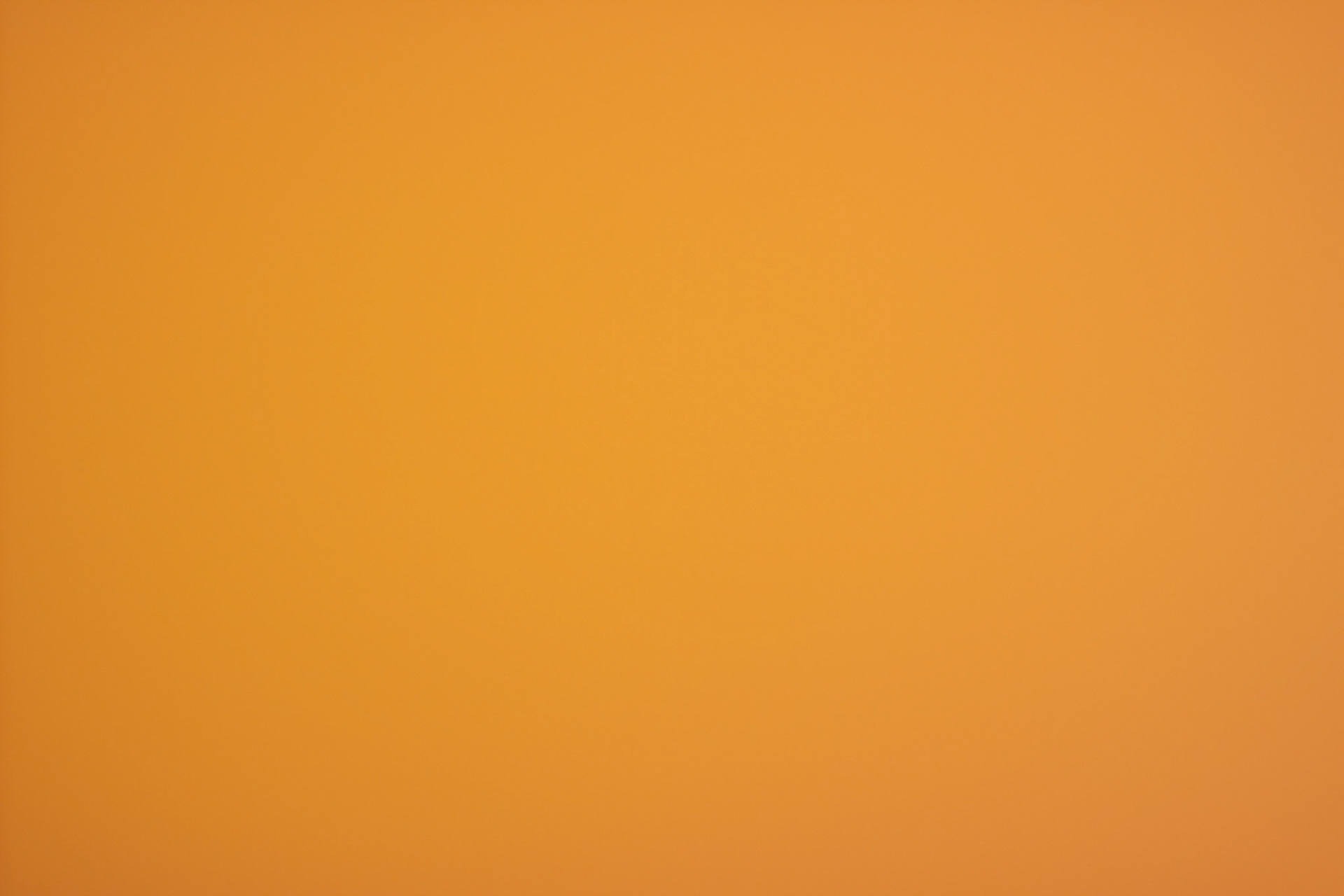
Breisemsestraat, Breisem

Chemin de Graaf, Plombières

Chemin de l'Eau, Hélécine

Duboislaan, Brussel

Duikeldamse Dijk, Verrebroek

Ermitage, Revogne

Fraiture, Fraiture

Gagelweg, Wuustwezel

Genelaar, Meerhout

Gestelstraat, Plokrooi

Groeneweg, Moorslede

Hazewind, Diksmuide

Hertsbergeveldstraat, Hertsberge

Hogeweg, Steenhuize

Hulshoutsesteenweg, Itegem

Isidoor Crockaertstraat, Asse

Kasteeldreef, Haacht

Keistraat, Nukerke

Keizel, Rapertingen

Koninklijke Baan, De Haan

Krekelbergstraat, Brecht

Lange Winterstraat, Anzegem

Loopgatstraat, Aarschot
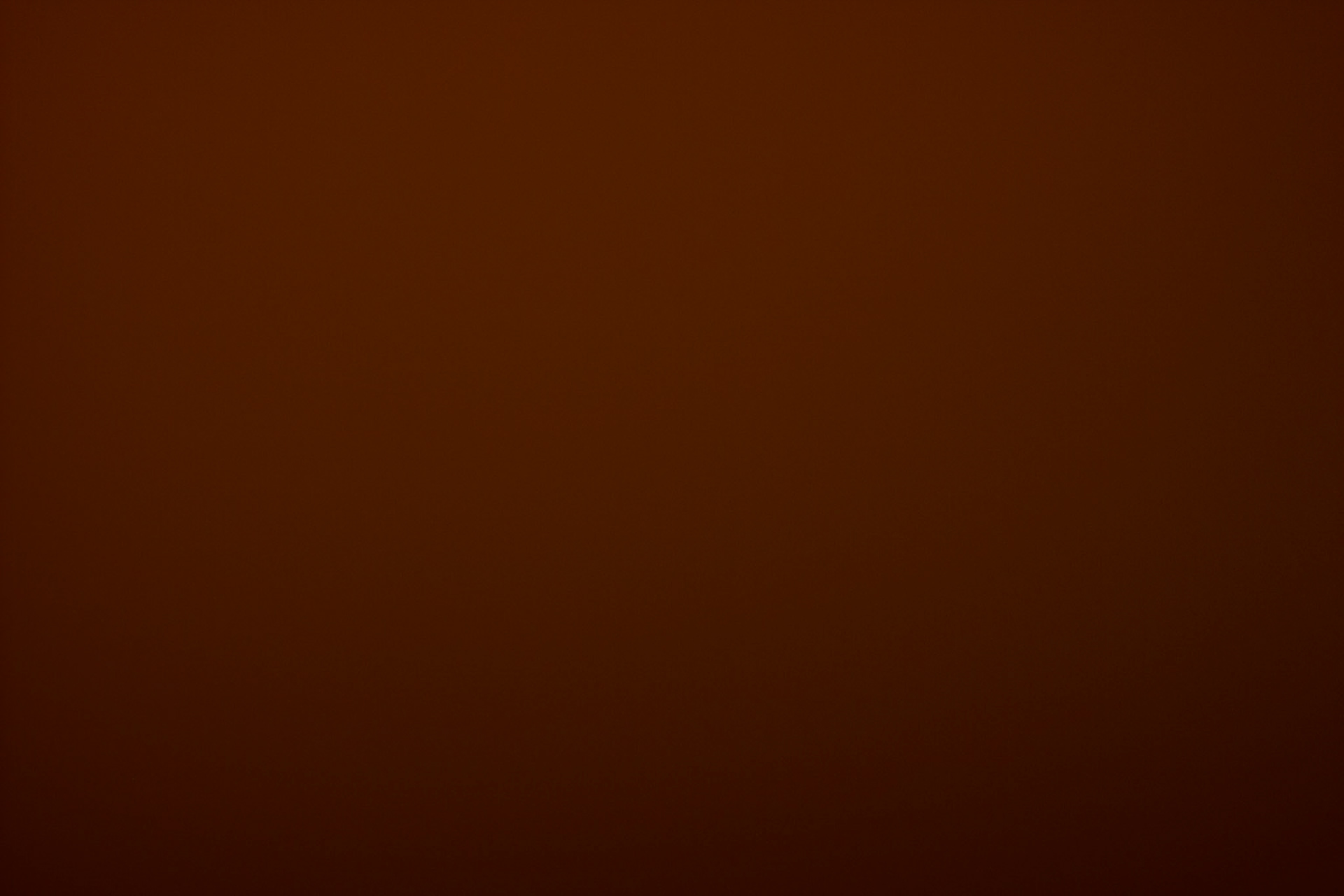
Macravivier, Sprimont

Merelnest, Kortenaken
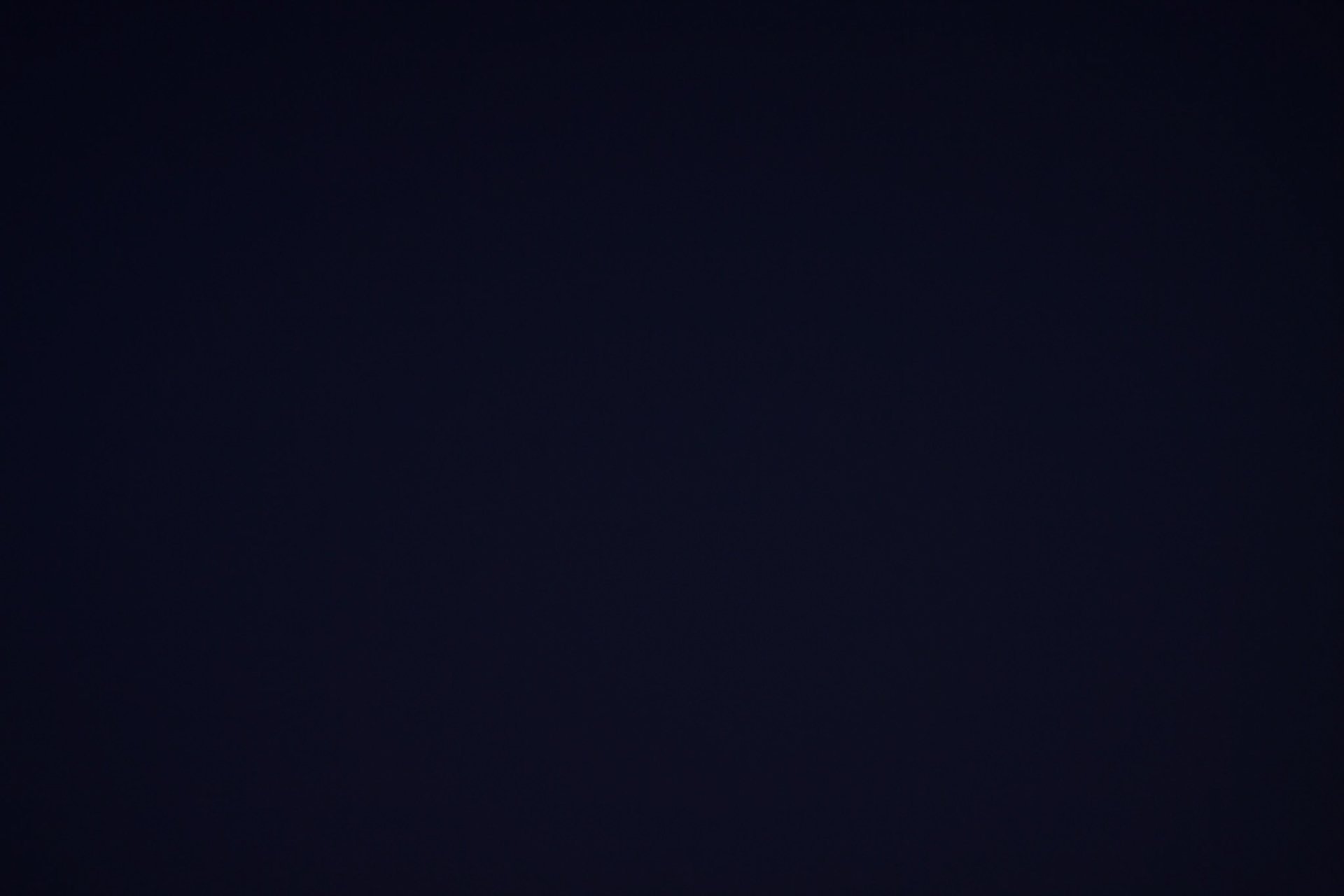
Möderscheider Muhle, Amel

Molenstraat, Gooik

Monschuaer Strasse, Neu-Hattlich

Muizenhoekstraat, Mechelen

Nazarethpad, Zandhoven

Pauperstraat, Poperinge

Proostdijk, Ramskapelle

Putteveldestraat, Moleneinde

Raffelberg, Bertem

Rue Abbé Fernand Magnée, Waremme

Rue Bas Sart, Sart-Eustache

Rue bâti Notre Dame, Luttre

Rue Brunehaut, Noirchain

Rue d'Horlebecq, Steenkerque

Rue de Cornemont, Cornemont

Rue de Ctre, Saint-Marc
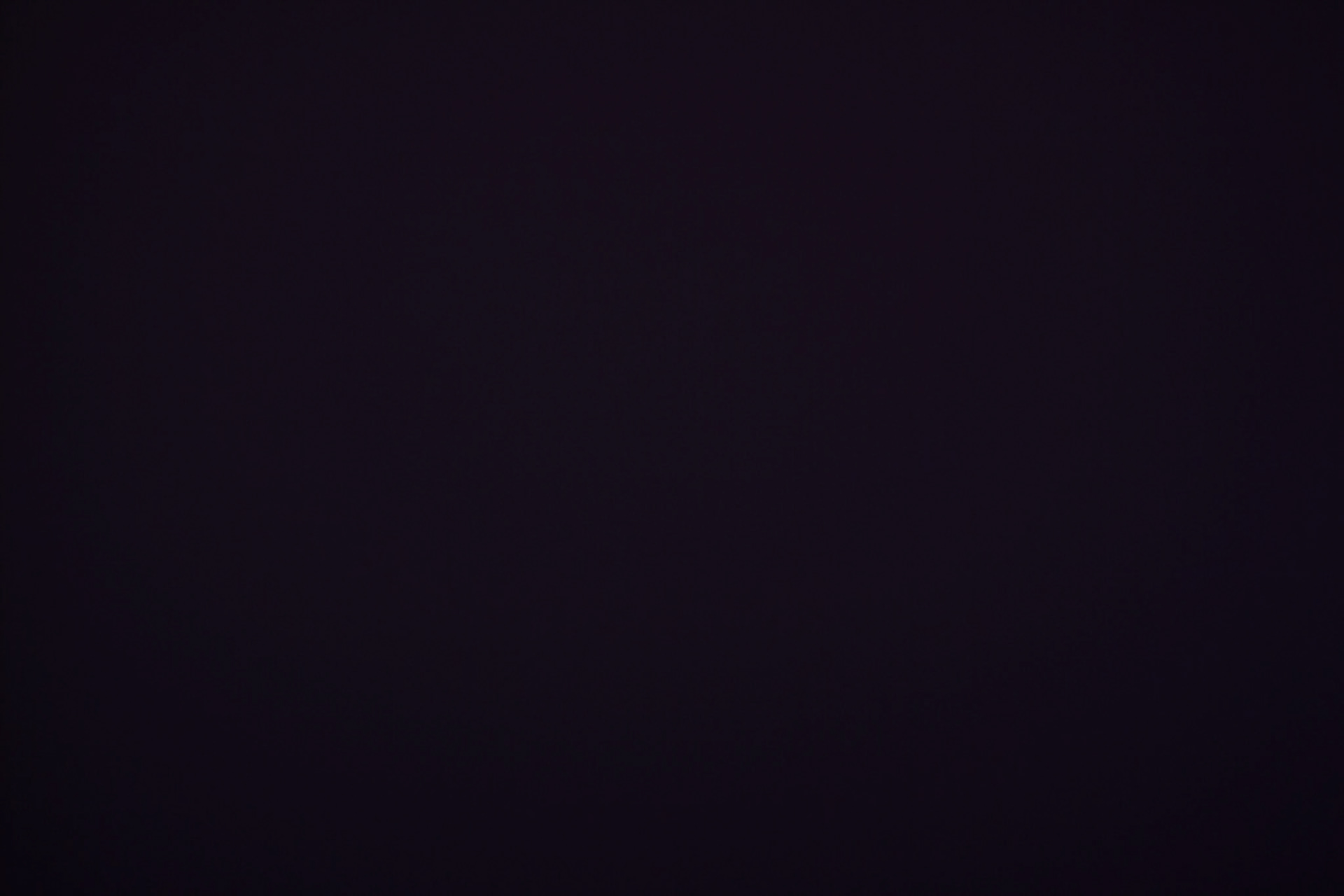
Rue de l'Accord, Assenois
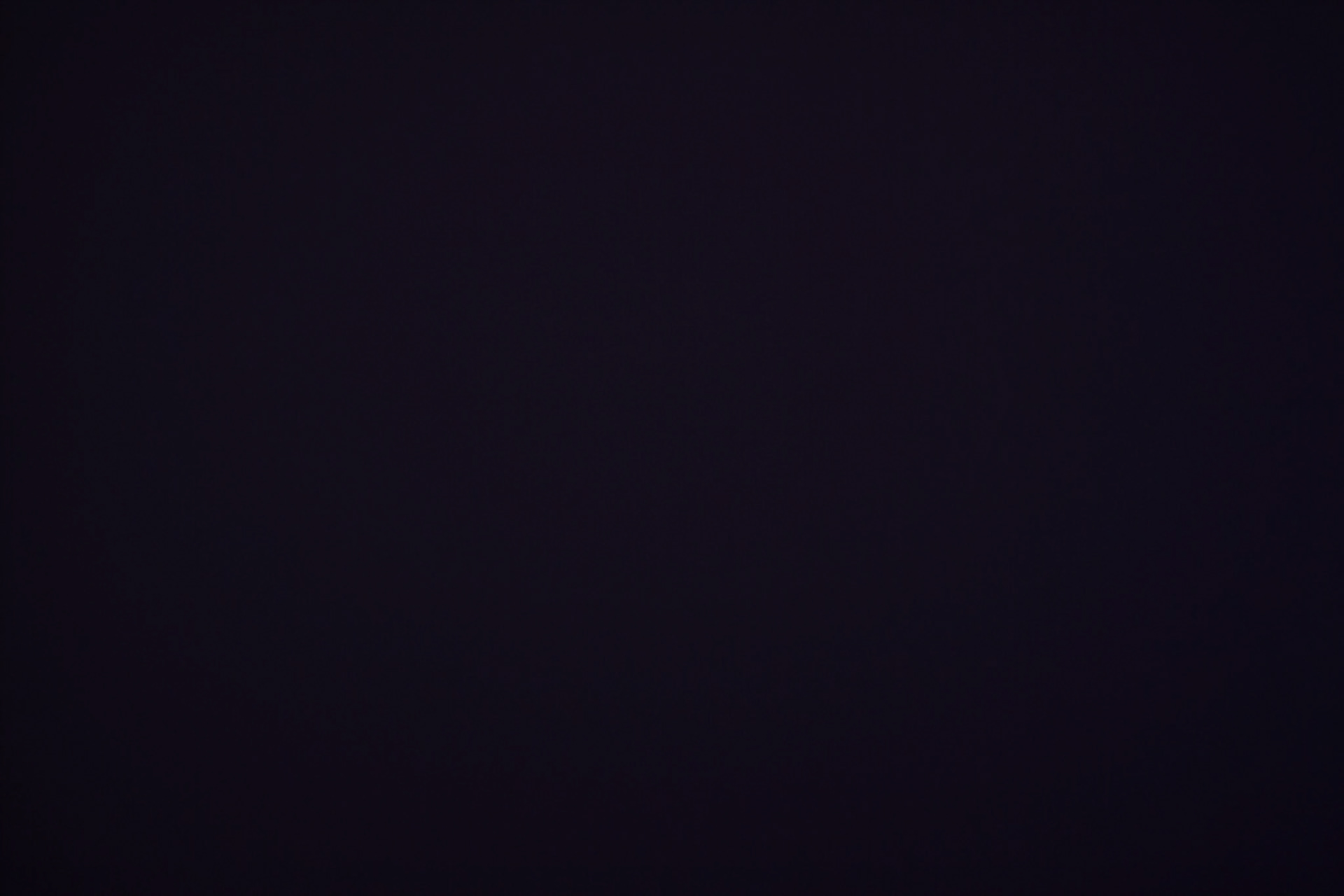
Rue de Menuchamps, Offagne

Rue de Wanzoul, Moha

Rue des Bruyères, Arlon

Rue des Campagnes, Anhée

Rue des Champs d'hebron, Hampteau

Rue des Spiroux, Ciney

Rue des Wattines, Ligne

Rue du Bois Matelle, Gistoux

Ruelle de d'Jean, Senzeilles

Scheldelei, Kruibeke

Schulenstraat, Pelt

Spechtmeerstraat, Aalst

Steenweg op Zondereigen, Weelde

Varkensdreef, Sint-Genesius-Rode

Waterwalstraat, Ruiselede

Westkapelse Steenweg, Dudzele
